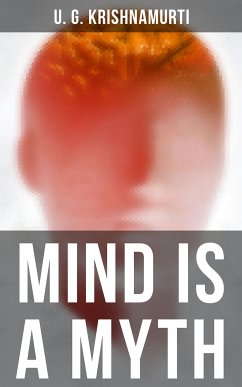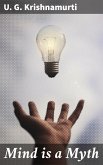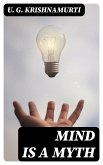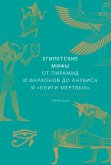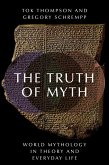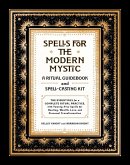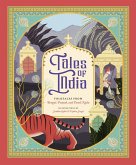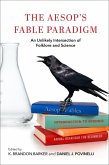In 'Mind is a Myth' by U.G. Krishnamurti, the author challenges traditional notions of the mind and self, presenting a radical and unconventional perspective on existence. Through a series of dialogues and musings, Krishnamurti deconstructs the concept of the mind as a myth created by society, rejecting the need for mental constructs and beliefs. The book is marked by its minimalist prose and direct, uncompromising approach, reflecting Krishnamurti's rejection of spiritual teachings and practices. Set in the backdrop of the 20th century counterculture movement, the book stands out for its rejection of traditional spiritual and philosophical frameworks, offering readers a fresh take on the nature of reality and consciousness. Mind is a Myth is a challenging and thought-provoking read that will appeal to those seeking unconventional wisdom and questioning the nature of their own existence.
Dieser Download kann aus rechtlichen Gründen nur mit Rechnungsadresse in A, B, BG, CY, CZ, D, DK, EW, E, FIN, F, GR, H, IRL, I, LT, L, LR, M, NL, PL, P, R, S, SLO, SK ausgeliefert werden.

